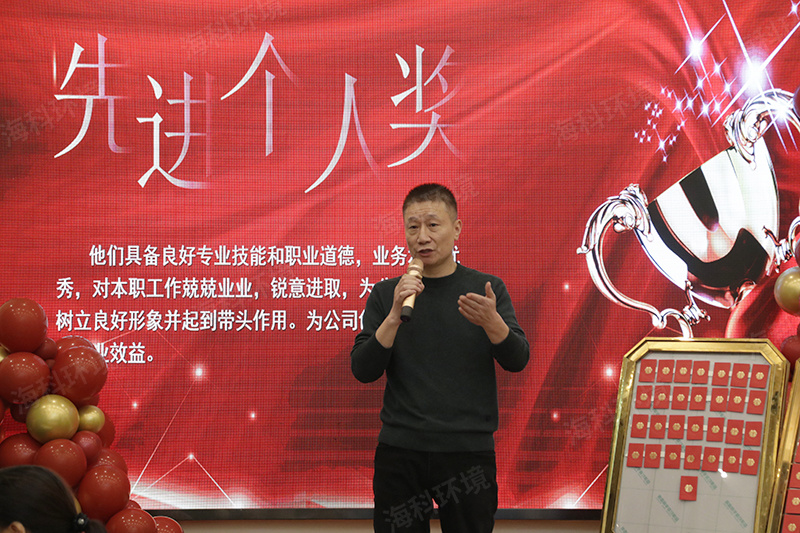ENERGY SAVING AND ENVIRONMENTAL PROTECTION EQUIPMENT AND ENGINEERING GENERAL CONTRACTING
Essential Insights on Coal Dryers: Optimizing Industrial Operations
2025-07-16
Coal dryers play a significant role in the industrial equipment sector, particularly in optimizing the moisture content of coal before it is utilized in various applications. The drying process is essential for improving the energy efficiency of coal, thereby enhancing its combustibility and reducing emissions during combustion. This article explores the technical aspects of coal dryers, focusing
Coal dryers play a significant role in the industrial equipment sector, particularly in optimizing the moisture content of coal before it is utilized in various applications. The drying process is essential for improving the energy efficiency of coal, thereby enhancing its combustibility and reducing emissions during combustion. This article explores the technical aspects of coal dryers, focusing on their design, operation, and advantages in industrial settings.
Coal dryers are designed to remove excess moisture from coal using various drying techniques, including direct and indirect methods. Direct coal dryers typically utilize hot air or flue gas to evaporate moisture, while indirect dryers rely on heat conduction through dryer walls. Each method has its unique advantages, and the choice often depends on the specific requirements of the operation, including the type of coal being processed and the desired moisture content.
One of the critical factors in the design of a coal dryer is its efficiency. Modern coal dryers are engineered to maximize energy recovery while minimizing heat loss. Incorporating advanced technologies like heat exchangers allows these systems to reuse energy, making them more sustainable and cost-effective. In addition, maintaining optimal operating conditions, such as airflow rates and temperature, is crucial for achieving efficient moisture removal without degrading the coal quality.
The benefits of employing coal dryers extend beyond just energy efficiency. By reducing the moisture content in coal, these systems enhance its transportability and storage stability. Lower moisture levels in coal lead to reduced weight, which can significantly cut transportation costs. Furthermore, drier coal translates to higher calorific value, meaning that less coal is required to produce the same amount of energy, ultimately leading to cost savings for companies.
Moreover, operating coal dryers can also contribute to compliance with environmental regulations. By effectively managing moisture content, coal dryers help to minimize emissions of pollutants during combustion. This not only helps companies meet regulatory requirements but also supports initiatives aimed at reducing the environmental impact of coal usage.
In conclusion, coal dryers are an invaluable component in the industrial equipment landscape, particularly for businesses that rely on coal as a primary energy source. By optimizing moisture content, improving energy efficiency, and facilitating compliance with environmental standards, coal dryers can significantly enhance operational effectiveness. As industries continue to evolve, investing in advanced coal drying technology will be essential for maintaining competitiveness and sustainability.
Coal dryers are designed to remove excess moisture from coal using various drying techniques, including direct and indirect methods. Direct coal dryers typically utilize hot air or flue gas to evaporate moisture, while indirect dryers rely on heat conduction through dryer walls. Each method has its unique advantages, and the choice often depends on the specific requirements of the operation, including the type of coal being processed and the desired moisture content.
One of the critical factors in the design of a coal dryer is its efficiency. Modern coal dryers are engineered to maximize energy recovery while minimizing heat loss. Incorporating advanced technologies like heat exchangers allows these systems to reuse energy, making them more sustainable and cost-effective. In addition, maintaining optimal operating conditions, such as airflow rates and temperature, is crucial for achieving efficient moisture removal without degrading the coal quality.
The benefits of employing coal dryers extend beyond just energy efficiency. By reducing the moisture content in coal, these systems enhance its transportability and storage stability. Lower moisture levels in coal lead to reduced weight, which can significantly cut transportation costs. Furthermore, drier coal translates to higher calorific value, meaning that less coal is required to produce the same amount of energy, ultimately leading to cost savings for companies.
Moreover, operating coal dryers can also contribute to compliance with environmental regulations. By effectively managing moisture content, coal dryers help to minimize emissions of pollutants during combustion. This not only helps companies meet regulatory requirements but also supports initiatives aimed at reducing the environmental impact of coal usage.
In conclusion, coal dryers are an invaluable component in the industrial equipment landscape, particularly for businesses that rely on coal as a primary energy source. By optimizing moisture content, improving energy efficiency, and facilitating compliance with environmental standards, coal dryers can significantly enhance operational effectiveness. As industries continue to evolve, investing in advanced coal drying technology will be essential for maintaining competitiveness and sustainability.
Coal Dryer
RELEVANT INFORMATION
The 2023 Annual Meeting of Jiangsu Haike Environmental Technology Engineering Co., Ltd
2024-01-08
The 2023 Annual Meeting of Jiangsu Haike Environmental Technology Engineering Co., Ltd


 English
English Русский
Русский بالعربية
بالعربية

